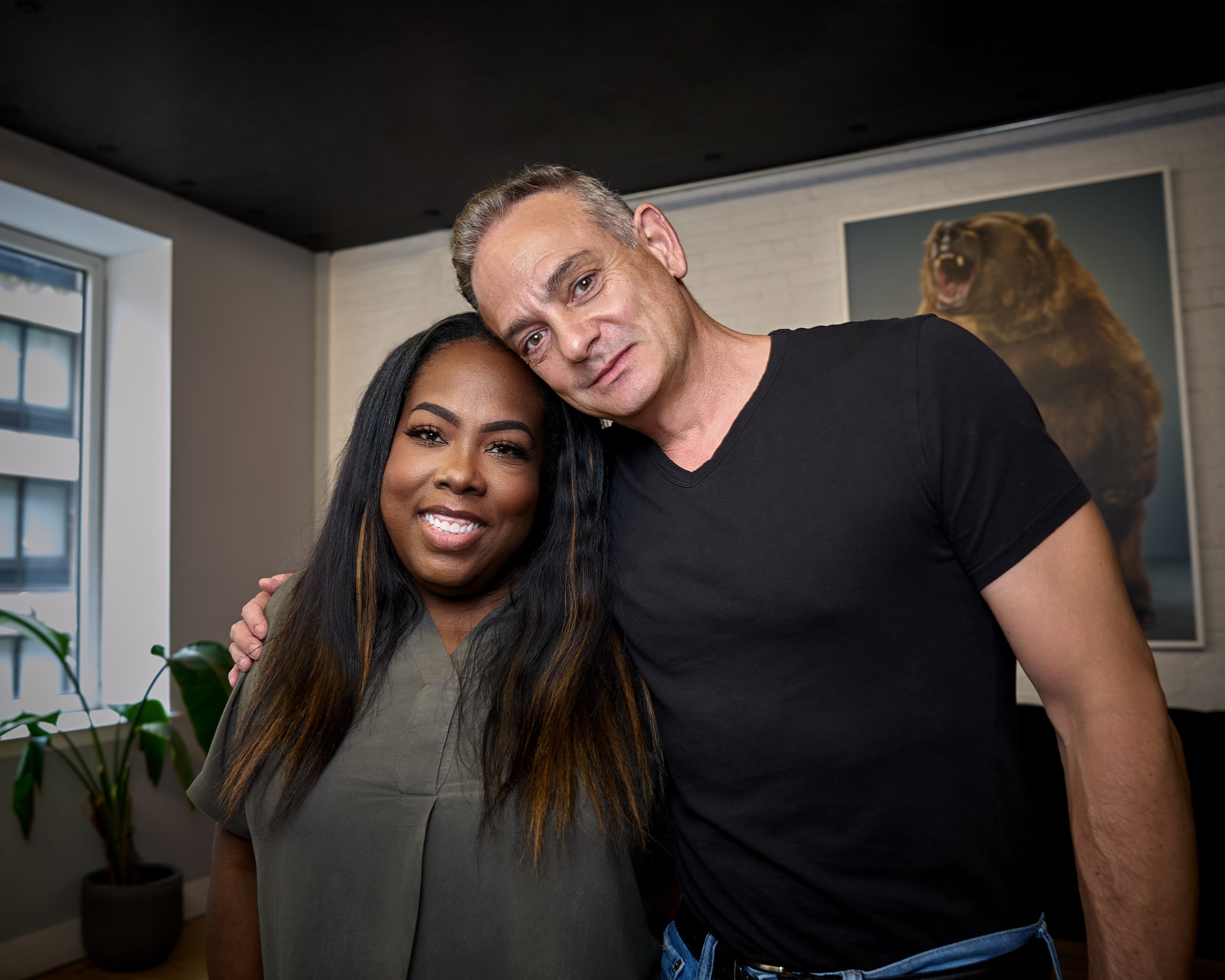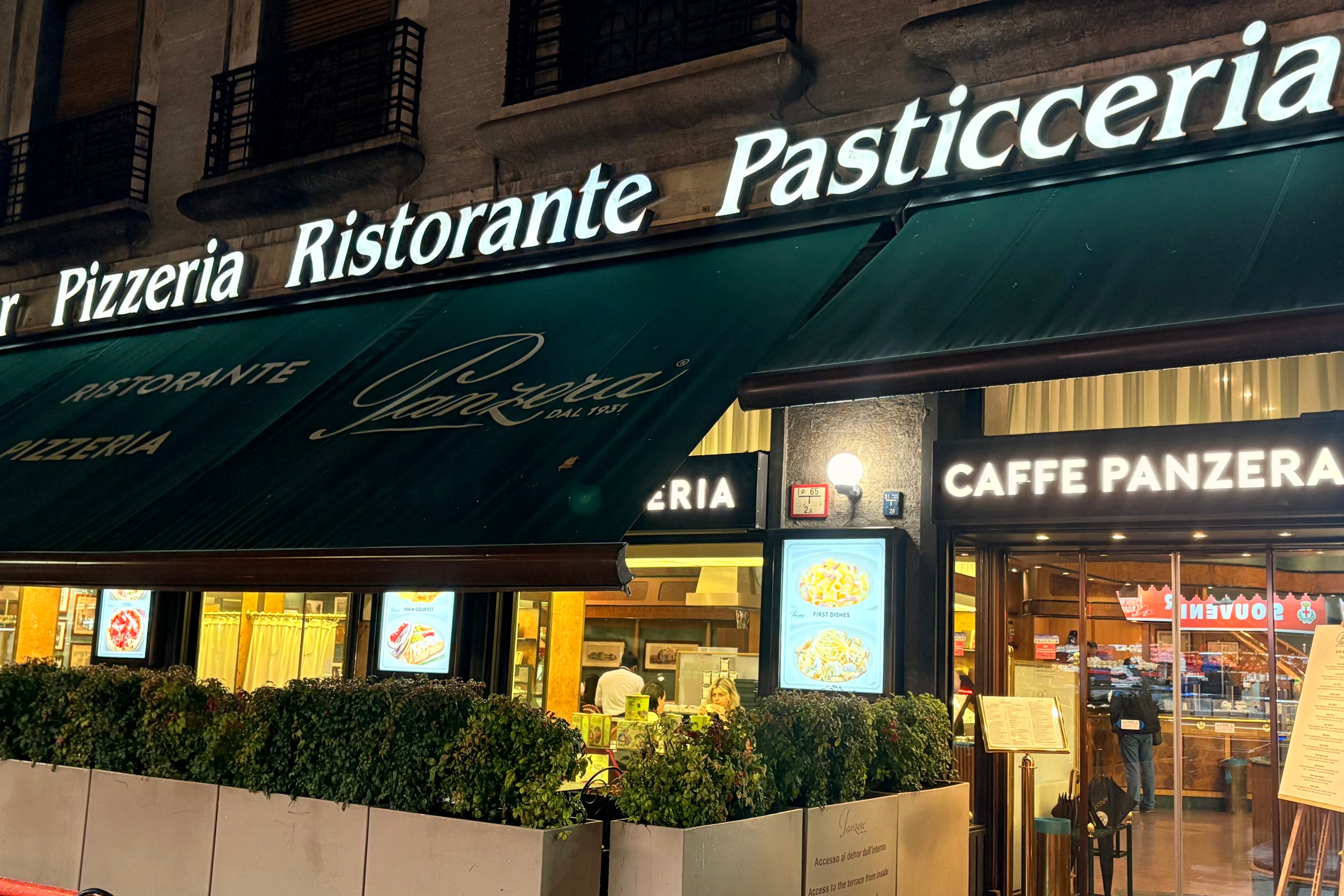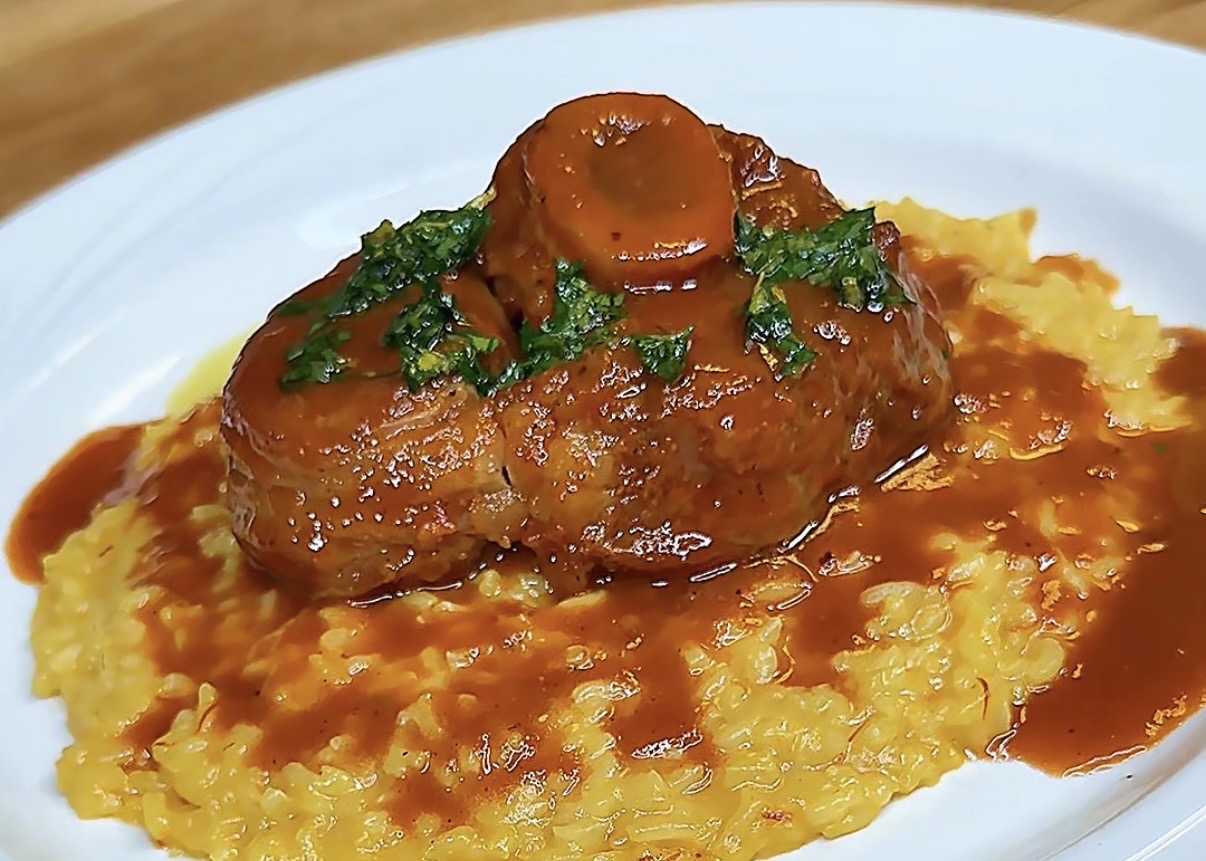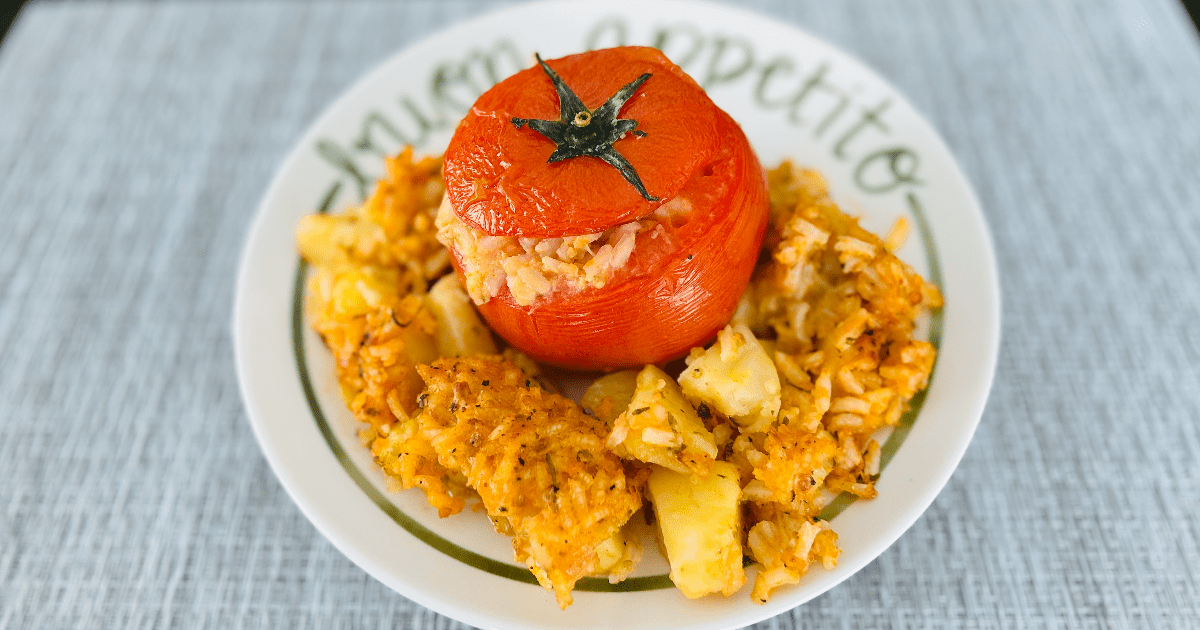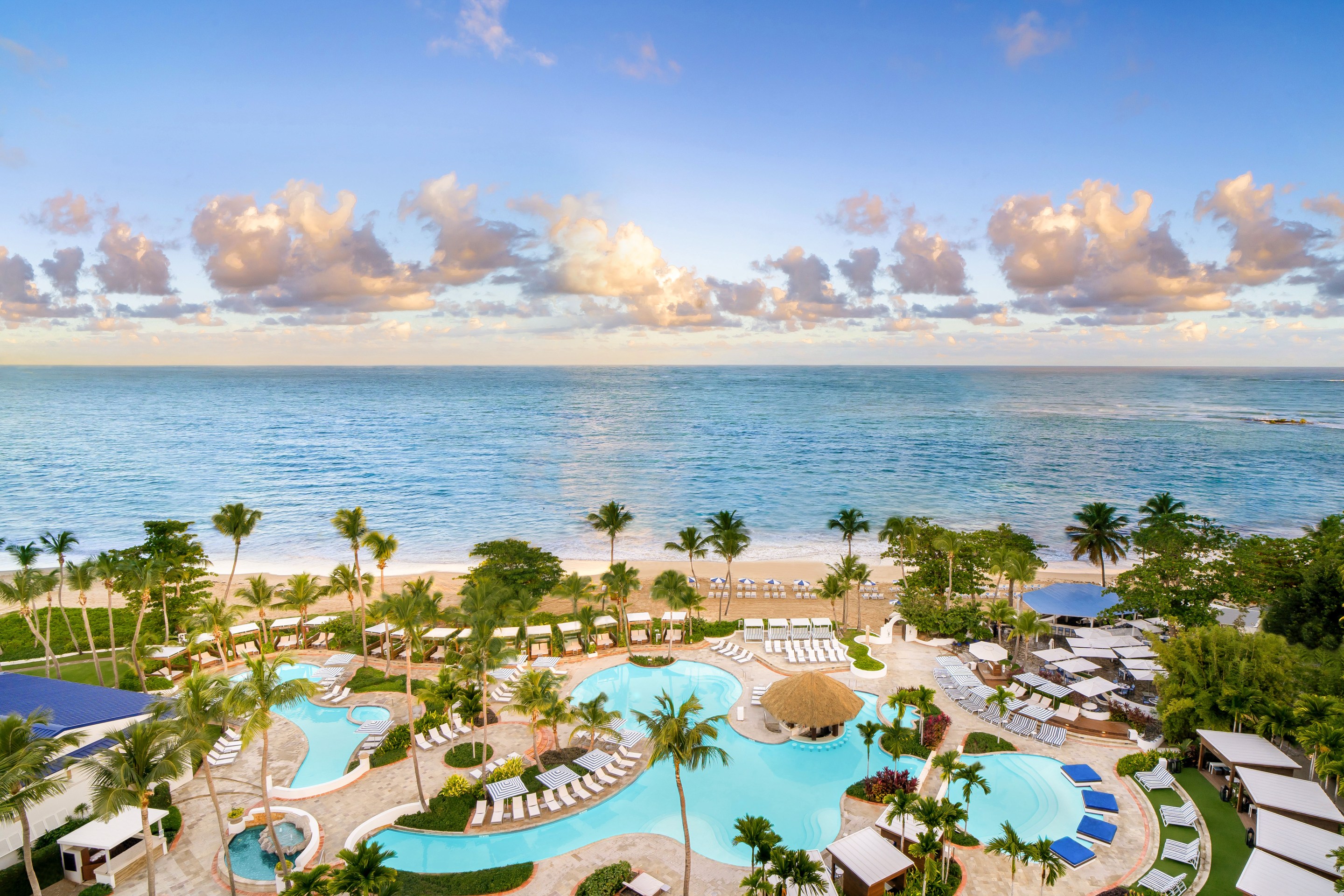Editor's Note: Nicole Russell and I have been friends for many years, and she is among my favorite people not just in the food world but in the whole wide world. I know her family; she knows mine. She calls my dog "Boo Boo." I've written extensively about Nicole for, among other outlets, The New York Times, Rachel Ray In Season, and Brooklyn Magazine. I mean, as a storyteller, what's not to love about a charismatic kid of Carribean descent from Queens, NY, who — inspired by a campy martial arts movie from the '80s — went from making creative pizzas with unconventional toppings in her home to the Caputo Cup in Naples? Here, during the promotion of Nicole's 5th season as the star of Pizza Wars on First We Feast network, I wanted to share the type of conversations that Nicole and I have, when we are eating together or just rolling around NYC in her luxury sedan, regarding both her journey as well as her unique status in the pizza world.
First and foremost, congratulations on the 5th season of Pizza Wars.
Thank you. I’m very excited.
How is this season different?
Well, the first four seasons were all in studio. Competitions with me and various other pizzaioli making all kinds of different pies. I missed being in the studio because it was very creative, coming up with the different concepts, being challenged by the various styles, the competition, but this season we went out to the streets of New York to meet different pizza makers in their pizzerias.
Who did you meet?
We went to 2 Bros Pizza and Champion Pizza. There was Luigi's and Lucali. Lucia and L'industrie. The first two were in Manhattan; the latter four in Brooklyn. Now, I know there are good pizzerias all over the city, but Manhattan and especially Brooklyn are where it's really part of the culture.
What did you enjoy about being out of the studio?
I’m fascinated by people's personal stories, and what really resonates with me when I go to a lot of these places is just the sense of paying homage to family. I just love hearing the family stories. The guys at 2 Bros made a point of telling me how much they love their mama. Pizzerias are so family oriented. That's what draws me in and keeps me really interested. I love all the old traditions and the recipes and the stories. I guess because my family are also immigrants. I understand the immigrant story. So it resonates with me because I know what my parents had to do to get us to where we are today. I love how the pizzaioli keep those traditions alive, to keep their restaurants running. It's just fascinating to hear about. For example, the pizza peel that they use at Luigi’s is the same peel his father used to use all the way back in the day. It's just so heartwarming. I also really appreciate the communal aspects of pizzerias. Every neighborhood has at least one, usually more than that. When I saw The Last Dragon and there was this Black family who owned a pizzeria and made pizza for the neighborhood, that just really resonated with me. Pizza is so communal. Italian food is just so communal. Yeah, you break bread and get to know someone no matter what kind of food, but the pizza industry is just different. Family and community are really the essence of the pizza game in general, and I’m happy to showcase that in Season 5 of Pizza Wars, as well as going behind the scenes to see what it’s really like to operate a pizzeria. It’s not easy.
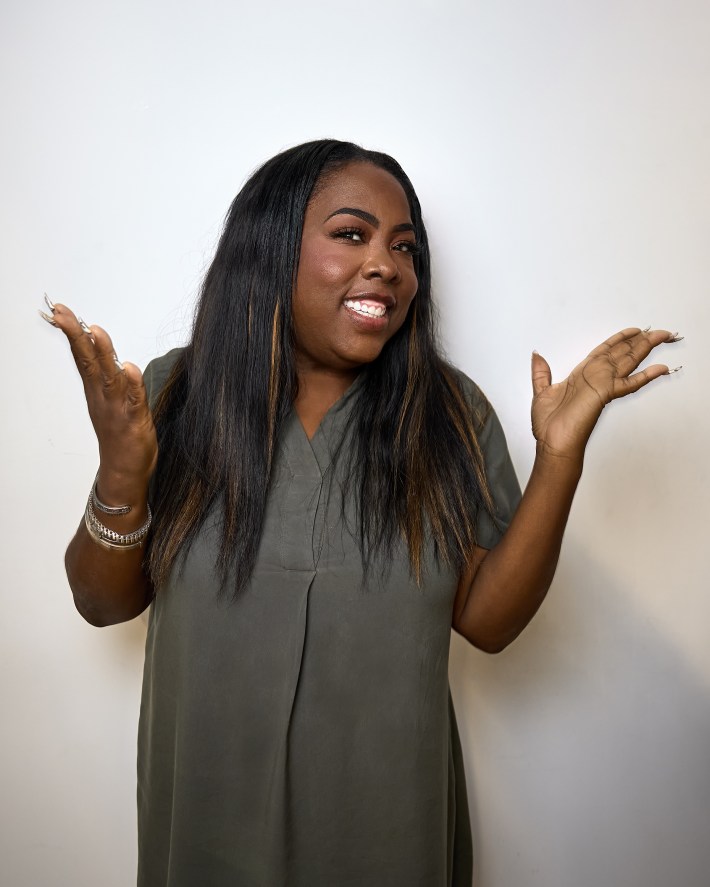
We recognize pizza as universal, and with that in mind, do you think as a woman of color you could break so successfully into another food space so dominated by one culture?
That's a good question, but I never looked to break in. I just happened to break in. When I started making pizza at home, falling in love with making dough from my kitchen counter, I had no such intentions. I just realized there was a craftsmanship. I recognized this as a real art form. I was more fascinated with that. I buckled down for years. I didn't go out. I didn't talk to people. I didn't do anything. All I did was make pizza for seven years straight. That's all I did because I was fascinated with this craft of making pizza. I started to watch videos to get better. Then I started reading more. I studied. I improved. I worked so hard.
And then what happened?
And then I came outside. I went to the Pizza Expo in Atlantic City in 2018, and that's how I started to meet people. I watched grown men cry because they made a great pizza. It was like: So these grown men feel like I feel at home? I found my tribe. And they accepted me because they saw that I was in it for the right reasons. They saw my passion. They saw how bad I wanted it. But I wasn't trying to be the black lady that makes pizza. I was more so like: I cry too when my pizza turns out great! That changed me. I came home supercharged. And then I started meeting more industry people who took me seriously. I now had access to high end products that most can’t get at the regular grocery store. Real tomatoes. Real flour. The best cheese. And I was able to get even better because now I had these high quality products, thanks to people who were helping me to get access to that. Sources like Orlando Foods, who also sponsor Women in Pizza, an organization in which I’m heavily involved. Just had to give them a shoutout. Hey, ladies!
Individually speaking, who's been among your biggest help?
There's so many people on my journey it’s hard to know where to begin. There's my dear friend Scott Weiner from Scott's Pizza Tours who has been a huge support all along. Also in the beginning, I saw Steve Martorano on the Jimmy Kimmel show. Steve is an Italian restaurateur based in Florida, and he was talking about how he got his start selling subs from his grandmother's basement window in Philly. I thought of all the people who thought I was crazy for selling pizzas out of my house, and this man built an empire on something that started in a similar way. I wrote him a letter and told him how his story made me really understand that whatever I wanted was possible. I didn't even know what I really wanted at the time, but there was a lot of people who doubted me, who wouldn’t pay me any attention or would diminish what I was doing because I made pizza from my house. I had my core friends that would be supportive, of course, and order a pizza, maybe not even pick it up, to help me have a good week. I was doing this back then on a bootstrap level. I wasn't rolling in money. I had savings, but I was exhausting my savings. I’d been making pizza for two years, not knowing if anyone would show up. But I was always ready if someone did. After a while, things picked up, but it was not overnight. Steve Martorano was a big inspiration during that time when I didn’t know what would happen. I actually flew down to Miami for my birthday in 2016 and went to his restaurant. He surprised me by being there. He gave me his book and said, “Don't you ever give up.” That just put a battery in my back. This was the point when I was no longer trying to prove myself anymore. I knew I could make pizza. I just had to get better at it. I started watching videos from Tony Gemignani, a world-champion pizza maker. He was just so serious about the craft, and I knew I had to get more serious about the craft.
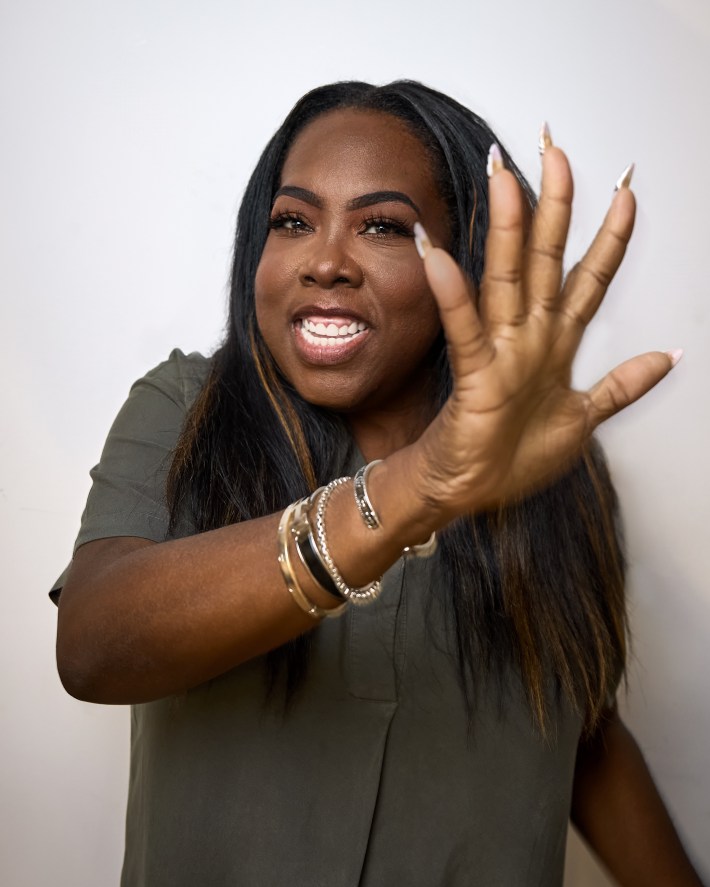
At what point did you start pivoting out of your home into a more public sphere?
When Rockaway Brewing Company opened up in 2016, they gave me the opportunity to sell my pies there. So, those people who were scared to buy pizzas from me at my house could go to the brewery. Everyone involved was so nice, and it changed everything for me. Now I knew I could do this, but I needed a business plan to help me be mobile. I won a competition with the Queens Economic Development Corporation, and through that I was able to approach someone who ran a territory for a certain part of the beach in Rockaway. In the summer 2017, I started selling pizzas on the boardwalk. And then everything from there just started to grow. I was like: OK. Proof of concept? Done! Then I started shipping pizza because the people who came to Rockaway for the summer wanted my pizza when they got back home. They asked if I could ship pizzas to them in places like Wisconsin. And I was like: What? Wisconsin? But I did a a lot of research and figured it out, not only how to ship pizzas around the country but how to freeze and package them. This was a lot, as said, but I was so passionate about sharing my pizza, and it helped with seasonality because now I was making money shipping my pizza nationwide, year-round.
So how many pizzas were you making a week in the heyday?
I would typically make around 30 full-size 16-inch pieces a day. But there's times when I made 50. I would par-bake the crusts, stack them up and then finish them. It was all consuming because it wasn’t just making the dough and baking the pies. It was inventory. It was prep. For example, I had to get the chicken, cook it, cut it up, measure it. Everything was exact, precise measurements: 200 grams of cheese; 200 grams of meat; 450 grams of dough. The prep was no joke. Eighteen pepperonis on a pie. I had to know what I was doing. These were 12-hour days. I did this for seven years, and then COVID hit. The whole world stopped. I stopped selling as much, but people were still interested in what I was doing. They were reaching out to me. And then for my birthday that year, I went to see Mark Iacono at Lucali. He said it was time for me to open a restaurant, and I wasn’t sure. So, he offered me a night at Lucali on my own and everything changed as a result of that. I don't really think that everything would have fallen into place that way it has, with Pizza Wars most of all, if he hadn’t given me that chance. I was already getting great press, but that night was the game changer. People were like: Who is this girl that Mark Iacono is allowing to take over his restaurant for a night? He doesn't even do things like that. He hasn’t done anything like that since me.
So, we’re back to those who have helped you?
Yes, and if we could backtrack a little, I never would have met Mark if it were not for Nino Coniglio. I met Nino in 2018 at the Pizza Expo, and he took me under his wing for four months. He's very connected in the pizza industry, and in the pizza world everyone are friends, and they will help you. He would take me to these kitchens, to famous people's pizza kitchens at 2:00 in the morning, and we’d make dough. I would watch and understand. He didn't tell me the dough recipe or say this is what we're going to do and whatever. I just watched and learned that this is what we do. When I went back on my own and read books, it all clicked. You have to understand, I don't have anybody in the pizza industry in my family. Where am I going to learn? And here was somebody that would always take people on and help them learn. He likes to build a team. And that was a great four months of my life with him.
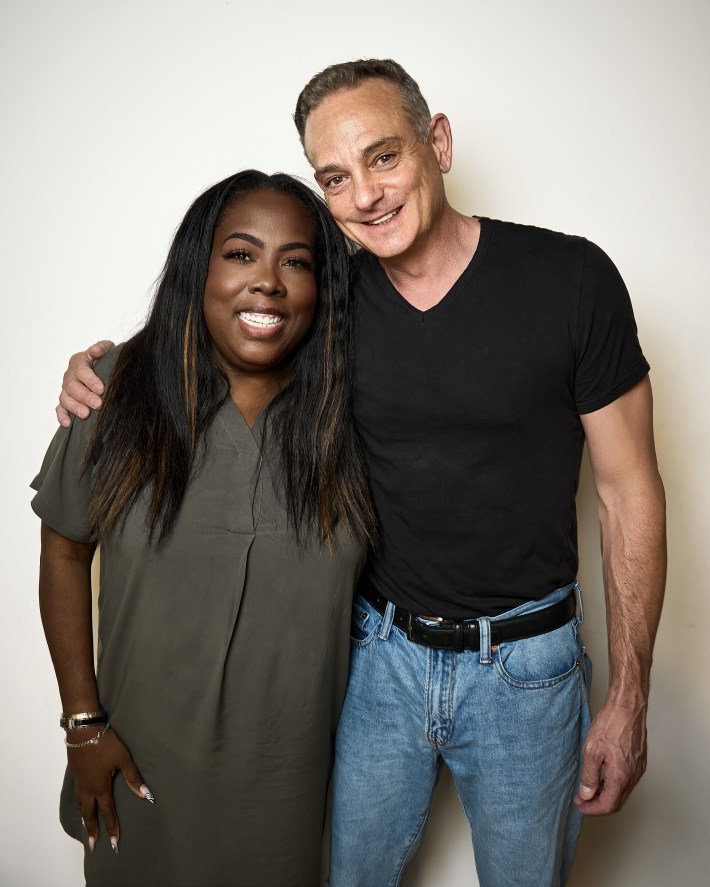
You’re mentioning a lot of these people who’ve been really supportive. A lot of them are white men. It makes me think of the recent article in Essence magazine: “Nicole Russell Is Bringing Black Girl Magic To The White, Male-Dominated Pizza Industry.” What does that mean to you?
I don’t know. I guess, for starers, it’s just my curiosity and fervor to learn from Italians and to do it right. Pizza is a craft, an art form, and I wanted to learn. As I said, it wasn’t my intention to be a Black woman in this world. I just wanted to make pizza. That said, as a Black woman, we want to be excellent in whatever we do. I guess we've been told that we're mediocre or something, so some of us want to be excellent to counter that perception. As a pizza maker with a certain level of success in a non-traditional world, I am black excellence. That’s all. The craft is so important to me, and I guess I bring a bit of that magic with me just like many Black women do in so many aspects of our culture.
What are the biggest challenges you face as a as a Black woman in a predominantly White/Italian world?
I think that the more successful I get, and the more visibility I get, the more it looks like an appropriation. That's a challenge because now it's not so much fun. Before it was like: Oh, this is Black girl is crushing. But then when you get into a certain level of success, it's like I’m appropriating Italian culture. I'm still the same girl. I'm still passionate. I still want to learn. In another respect, outside of the pizza world and being from New York, I feel there’s a commonality with a lot of Black people and non-Italians who watch these movies or whatever and think Italians are so racist. I’m not saying they are or they are not. I don’t know. But I feel like Italians, in my experiences, love to share their culture. I’m not coming to the Italians bringing my Jamaican stuff or Black American stuff. I’m coming to Italians saying: I love making making pizza. And they were like: You want to do what we do? Let me show you how to do it right. And I’m like: Thank you. I’m grateful for all the Italians who have shown up for me. I mean SHOWN UP for me. They are like my family.
So, You don't feel like you're the Black girl in the pizza. You're just part of the pizza world.
Yes, but like I said, as you get more success, people start to think of you differently, and that's where I'm starting to feel it now. Where it’s like: Oh, you got a show? I'm not the best pizza maker in the pizza industry. But I have a perspective that is unique, a personality that’s unique. I have a story that's unique. That makes me viable to some degree, and I think that to some of these people who grew up in the industry, fifth generation or whatever, and they're not getting that notoriety, it looks like I'm appropriating. It’s just like anything in the world. You know your heart and you stay true to who you are. And you try not to worry about those things. It’s not the least or most of my worries, but it’s real. I feel it. I’m aware. I’m just going to keep being me.
Are you in the pizza world for life?
I am in it for life! I knew when I started making pizza that this was it. Something came over me. I felt my true love. I felt my heart blossom. I felt good. I found that thing. Everyone thought I was crazy. My friends and family thought I was having a midlife crisis. I got laughed at. Not to be materialistic, but I used to get groceries on my bicycle to save money, and now when I pull up in my nice new car…Ya know? They might say: She thinks she’s all that. No, I don’t think that, but I finally got to the point where I can treat myself. I can savor my accomplishments, my hard work, my devotion. My success.
When did you know that you had arrived for real in the pizza world?
I think it was the night at Lucali. Mark is brutally honest. He let me practice with his oven for months ahead of time. He helped me learn the Italian American palate. He’d just tell me, straight up, what he thought of my pies. More of this; less of that. He’d bring people in, pizza experts he knew, without even telling me, and I’d make them pizzas and learn from their responses. The night of the event, Mark had a private table with some friends. He asked me to make him my “Sho ‘Nuff” pizza, which is my Philly cheesesteak pizza. So, I made a “Sho ‘Nuff” and brought it to his table. Even with everything else going on at that moment, I worried if he was going to like it. He came back to me and said, “That's probably one of the best fucking pizzas I've ever had.” And that's when I knew. I was like: Yes!!!!!
Follow Nicole as @lastdragonpizza on Instagram.
Note: The photographs included in this post were taken by Mark Shaw after filming this video series at MCM Stages in New York City.
